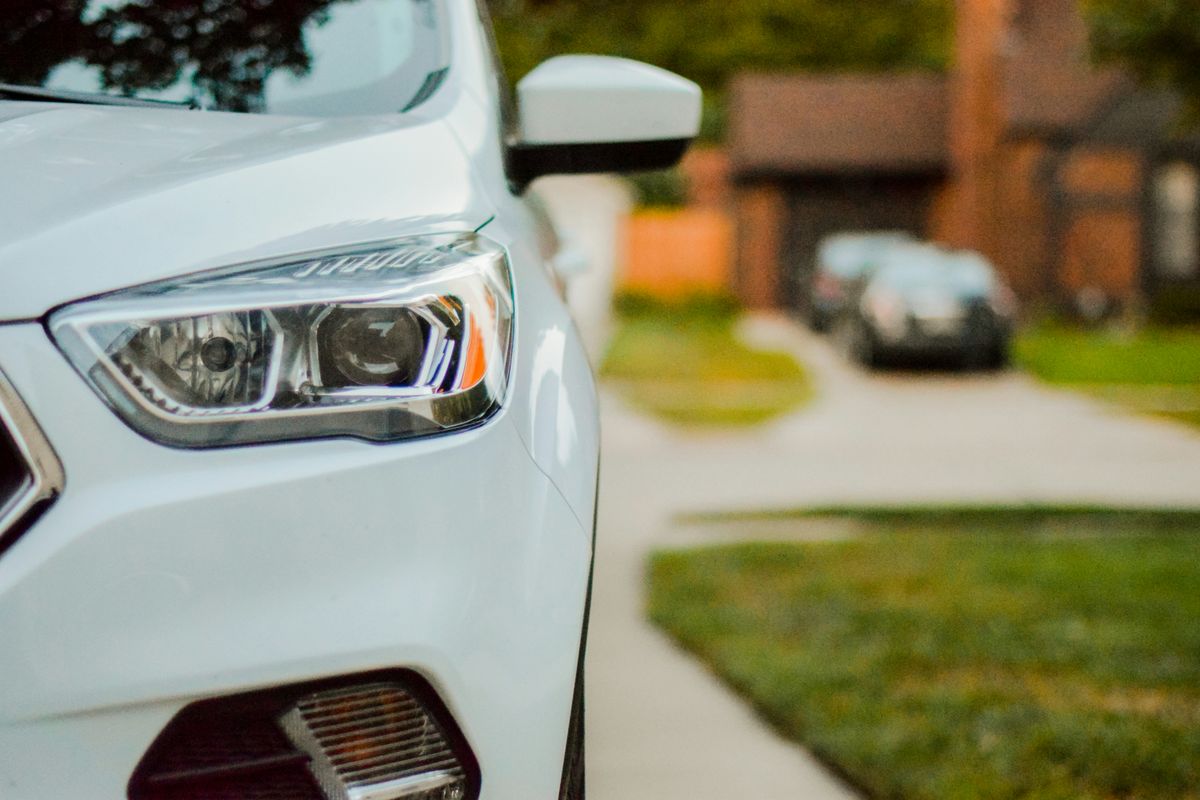This week, the EU and U.S. announced a written framework on tariffs. The deal will maintain a 15 % tariff on most goods arriving from EU-member countries, with exemptions for certain products such as aircraft parts, generic pharmaceuticals and natural resources like cork, all of which will return to pre-January levels.
When it comes to vehicle exports, things get more complicated. Currently, tariffs on European cars and car parts are set at 27.5 %. The U.S. will reduce that rate to 15 % once the EU follows through on promises to lower tariffs on imported American goods.
The White House says these tariffs are designed to bring manufacturing back home and create more American jobs. In fact, both Kia and Hyundai have recently opened factories in Georgia, which are expected to produce half a million cars over the next few years.
If a car is made in the U.S., regardless of brand, it’s exempt. That means a BMW built in South Carolina won’t face the upcoming 15 % tariff. But John Vincent, senior editor for vehicle testing at U.S. News & World Report, says there’s a catch.
“Remember, most American-made cars only have about 80 percent U.S. parts, so they’re not immune to tariffs, and automakers will be spreading the cost of the tariffs across their entire lineup,” Vincent explained.
Vincent advises shoppers to look for sales, particularly over Labor Day. He also recommends taking advantage of EV tax credits, which expire Sept. 30, and walking into the dealership with a pre-approved loan to give you more negotiating power.











